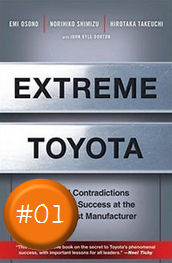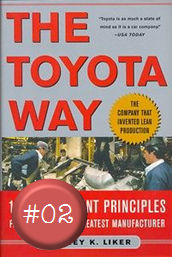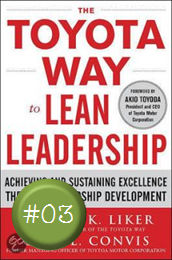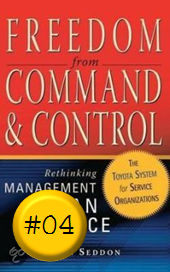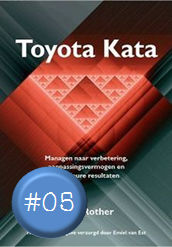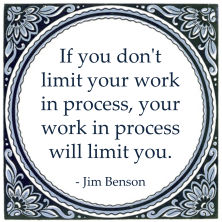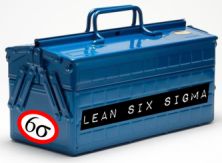
'Performance support' is een visie op het op het juiste moment op de juiste manier ondersteunen van medewerkers bij het uitvoeren van hun taken. In het boek Innovative Performance Support - Strategies and Practices for Learning in the Workflow wijzen Con Gottfredson en Bob Mosher op het belang van het analyseren van wát de kritische taken en vaardigheden zijn, zodat je een gerichte strategie kunt inzetten om de prestaties optimaal te ondersteunen:
![]()
Conducting Rapid Tasks Analysis
Fundamental to any Performance Support strategy is the identification of the performance taks the strategy needs to support. In addition, since tasks don't stand alone but actually orchestrated into higher workflow processes, a solid strategy also requires the determination of those processes. Rapid task anayslis (RTA) is an approach for accomplishing this.
Rapid task analysis has three functional objectives:
(1) Identify the job-specific tasks.
(2) Identify related concepts.
(3) Organize the task and concepts into meaningful business processes.
Ad (1) Functional objective 1. Identify the job-specific tasks
A task is a discrete set of steps that together achieve a specific outcome. (...) During a rapid task analysis, you focus your efforts on identifying these tasks, not the steps. Task have a discrete set of steps that accomplish a specific outcome.
Ad (2) Functional objective 2. Identify related concepts
Where tasks describe how to do something, concepts provide the understanding behind those tasks. A concept is information that describes, at a minimum, what something is (and sometimes what it isn't) and why it is important. In addition, a concept may adress who is influenced by it, when it may do that influencing, where the influencing takes place, and how often or how much. The only thing a concept doesn't adress is how to do something.
(...)
Ad (3) Funcitonal objective 3. Organize the tasks and concepts into meaningful business processes
Once you have identified all the tasks, you organize them into logial groupings called processes. (...) RTA is rapid because it involves subject-matter experts who understand the work environment as well as the tools (such as software applications) that need to be used to complete specific job tasks.
(...)
Conducting critical skills analysis
In order to establish an effective performer support strategy, you must know what the performances are that you need to support (identified via rapid task analysis), you must have those performancese (tasks) mapped to audiences, and then you need to justify the allocation of learning and performer support resources for every audience for each task and associated concept. The approach for making this final assessment is called critical skills analysis. Here's how you go about it:
Step 1. Establish a rating scale or set of scales that will help you assess the impact of failure if the task isn't completed succesfully or the concept isn't understood ("How critical will the immediate impact of failure be to the organization?") E.g. from "Not critical at all" to "Absolutely critical"
Step 2. Assign a failure impact rating for every task and concept for each audience.
Step 3. Use these values to set your performer support strategy.







